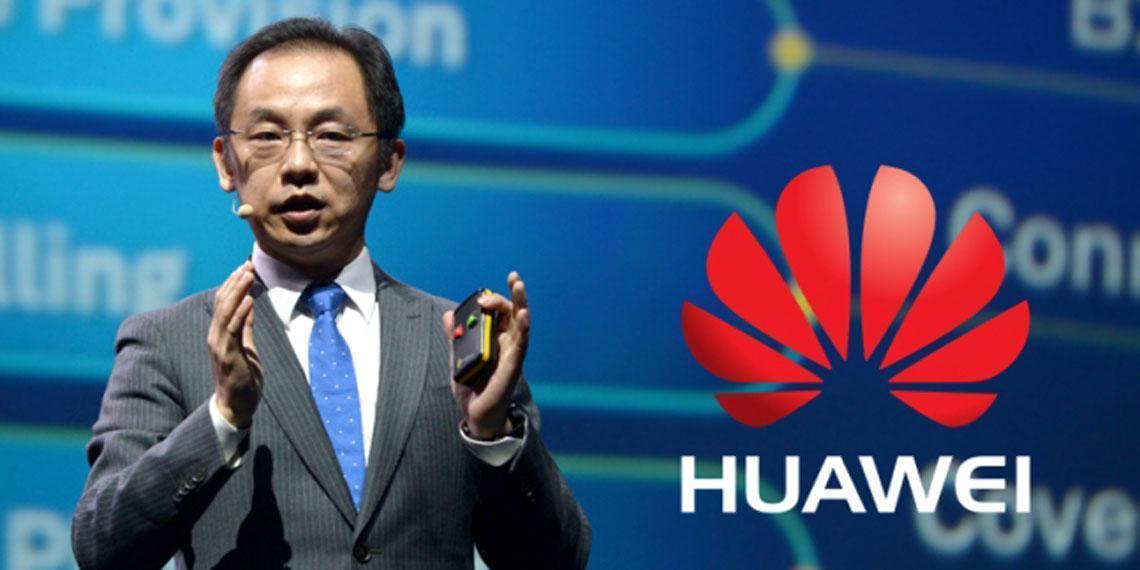Huawei has set out its views on how telcos should prepare for and adopt 5G technologies in their networks, identifying the recently developed 4G standard for IoT, NB-IoT as a 'necessary stepping stone' to the 5G era.
Huawei's view was explained by Ryan Ding, Executive Director and President of Products & Solutions at Huawei, in a keynote speech at Huawei's Global Mobile Broadband Forum in Tokyo. Ding said that NB-IoT was a necessary stepping-stone to 5G and would serve as a proving ground for new operational capabilities.
'Over the next three to four years, carriers can update their systems and test them by deploying NB-IoT-based services, resulting in open, agile and highly automated operating systems that have greater capacity to deliver services for connected things and devices,' Ding said.
'That operational experience with IoT will position them to better support the enormous range of services and massive number of connections made possible by 5G.'
NB-IoT was recently standardized by 3GPP and commercial rollouts are expected to start next year. A number of mobile operators and all the major network vendors have staged NB-IoT trials. The standard is based on technology developed by UK company Neul, acquired by Huawei in 2014.
Ding also announced that Huawei had developed a new standard for measuring the connection experience of IoT-connected devices, based on five dimensions: availability, bandwidth, coverage, delay sensitivity, and energy efficiency. Huawei has detailed the standard in a white paper, Things Coverage, released during the Forum.
Ding encouraged all telecom operators to focus their preparations for 5G on three areas: infrastructure, operations and ecosystem development. He said that 5G would require operators to make a paradigm shift from being network-centric to application-centric, and from person-centric to thing-centric.
Ding said that, to prepare their infrastructure for 5G, operators need to begin the end-to-end '˜cloudification' of their network architecture. 'Carriers with all-cloud networks will be perfectly positioned when 5G arrives, able to update their networks to 5G at the touch of a button and take advantage of first-mover opportunities,' Ding said.





